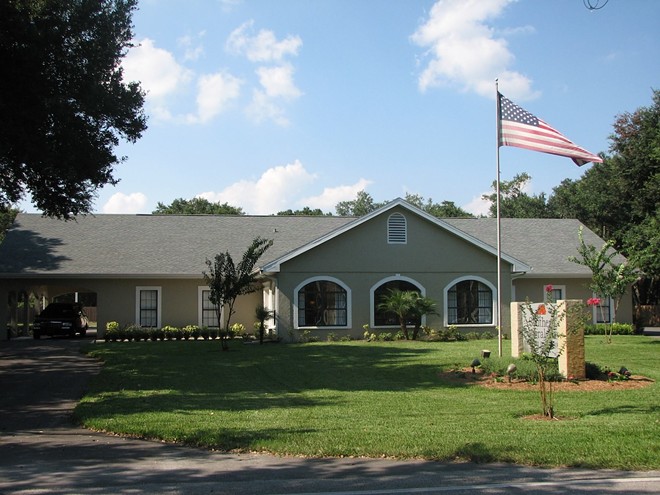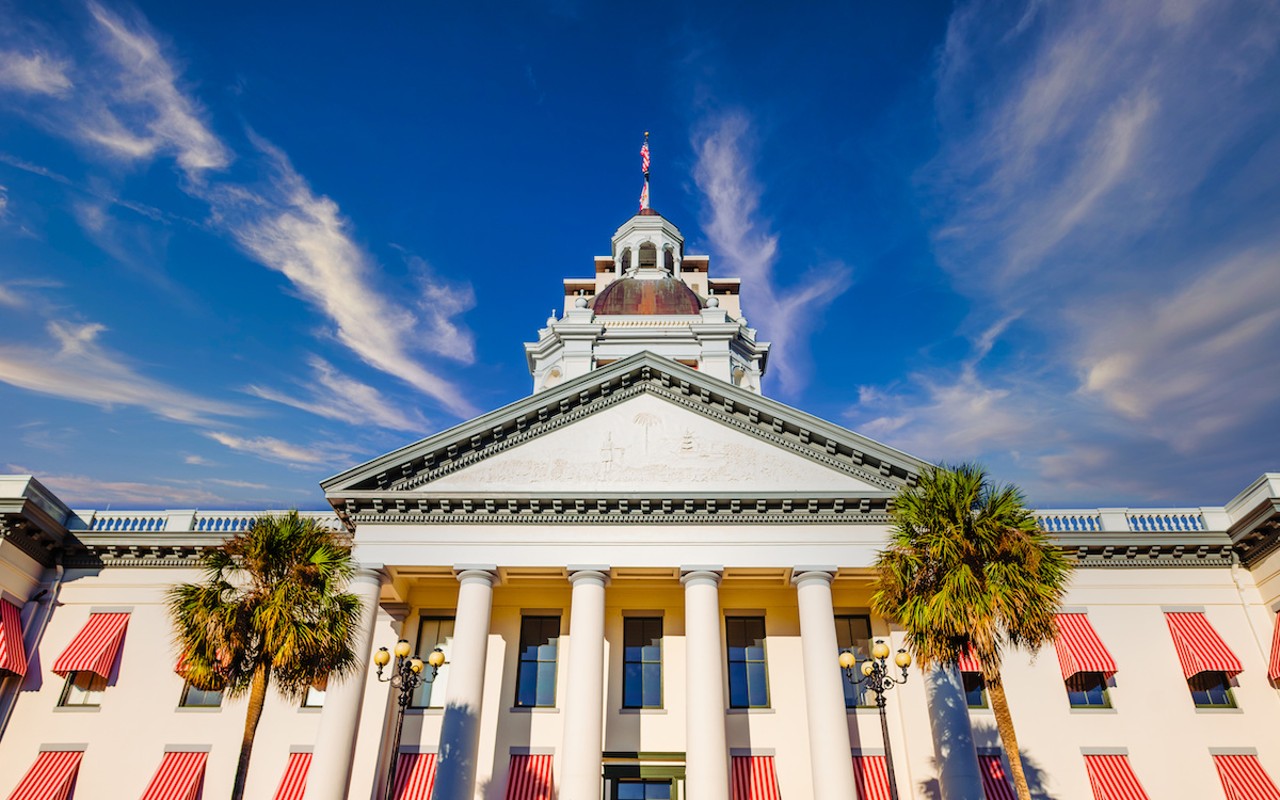
Photo via Southern Funeral Care and Cremation Services, Inc. /Facebook
Southern Funeral Care and Cremation Services, Inc. prioritized constant communication with grieving families during the burials systems outage.
Funeral homes have a finite amount of time and space to process and house dead bodies, but what happens if burials are forced to a standstill?
Mark Vargas, co-owner of Southern Funeral Care and Cremation Services in Tampa, told Creative Loafing that funeral homes across the state were forced to confront this scenario when the Florida Department of Health shut down the state’s Vital Statistics System early in the morning on June 28, and then proceeded to leave funeral homes in the dark for hours.
“This one (the initial email from the state shutting down the Vital Information System) was at 8:25 in the morning, and then I got another one at 8:08 PM, and that one was telling us to go back to the old system,” Vargas told CL. “We didn’t know what was wrong.”
For over 12 hours on June 28, funeral homes in the state of Florida were shut down, with no rhyme or reason to why.
This blackout was caused after a group called RansomHub hacked the state's Vital Statistics System, which administers birth and death records between the state's health department and funeral homes. As of this month, the hack was still delaying funerals and birth certificates.
Vargas told CL that the number of delays in cremations that his funeral home faced during this span were more than five and less than ten, and that he prioritized constant communication with grieving families in that span.
“We contacted almost all of them to let them know this is what's happened. This is what we're doing. We just want to keep you informed,” Vargas told CL.
Vargas told CL that while cremations were forced to a standstill during the initial shutdown of the Vital Information Systems, traditional burials were able to resume quicker because the state’s approval procedure for burials is adaptable to an offline system.
That’s because burials only require a verbal confirmation that they will be signed in order to proceed, Vargas told CL, while cremations require a death certificate to be physically signed by the health department to proceed.
“We just have to give verbal confirmation that they (a doctor) will sign the death certificate if you're being buried,” Vargas told CL. “But the cremation has to be signed, and that has to go to the medical examiner for them to review, [then you] get an approval number for your permit.”
Vargas went on to tell CL that after the initial learning curve of switching offline, the delay in burials is on average just three days longer than before. He said there was no risk of his funeral home running out of space to store dead bodies.
Barry Brewer, owner of Brewer and Sons Funeral Homes in Tampa also told CL there was never a risk of his funeral home running out of space to store dead bodies, and that being able to draw on 40-plus years of experience in the funeral home industry made shifting offline easier to navigate.
“It was probably easier for older people like me than it was for some of the younger people, because my first response was to say, let’s all just go back to what we used to do,” Brewer told CL.
Brewer went on to tell CL that he believes the state’s response to the attack was sufficient, and that they remained diligent during the initial stages of the blackout.
“No matter how prepared they were, which I think they were, no matter how prepared they were, there was a transitional period, right?,” Brewer told CL. “It’s going to take a little bit of time and a little bit of adapting.”
Subscribe to Creative Loafing newsletters.
Follow us: Google News | NewsBreak | Reddit | Instagram | Facebook | Twitter


